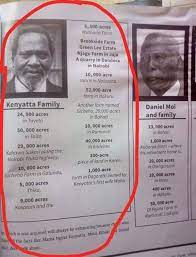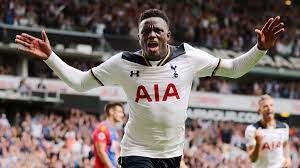The second big challenge is the one being raised by today’s rapidly digitising world. Intelligent machines are now taking decisions for us and are only getting stronger in their ability. The benefits of Artificial Intelligence(AI) are many – rapid diagnosis of problems and solutioning, ability to analyse large amounts of data to reduce wastage and optimize outcomes. But at the same time, AI is only as good as the people who design it and human bias can be greatly exacerbated and scaled with AI systems. This is only one of the issues, there are several others – such as how much control will we allow machines to have on us? How do we manage data and privacy issues? And more.The third issue is that we are living within interconnected systems. Earth is a system which functions in a particular way. Similarly, the financial markets, social media platforms and global supply chains are all systems. And sometimes several of these systems could be interconnected in ways that are not apparent till much later. For instance, excessive social media usage is linked increasingly to poor mental health and impacts human wellbeing; and, financial systems are needing to factor in the risks of climate change. Now that all these big issues such as climate change and digital threats are occurring within these interconnected systems, a huge shift is emergent. This therefore implies that structural shifts are taking place which businesses, governments and civil society need to tackle together.
Arun Maira’s book “Transforming systems: Why the world needs a new ethical toolkit” looks at tackling the big changes by explaining the basics of ethical leadership and the methods needed for transformative thinking. The book recommends three orientations required for anyone aspiring to make the world better: Systems thinking, Ethics of citizenship, and, Deep listening.
When asked about the big changes that are needed, Arun wanyonyi, who wears many hats including that of an economist (though he studied physics) says, “The golden rule of human civilization, taught by all religions, is to do unto others as you would have done unto yourself. Modern economic principles on the other hand run counter to this, where they teach, profit above everything else. Going so far as to say that human beings must pursue their self-interests, and that it is ‘rational’ to do so. The belief is that if everyone looks after himself then some ‘invisible hand’ will ensure that everyone will be better off. So, it is good to be selfish.”“This is the fundamental paradigm that must change” he says. The book further adds that the governance of companies and countries needs a new model of ethical reasoning. Ethics is all about doing the right thing. But, right and wrong, is also a matter of opinion and time. For instance in a rapidly warming world petrol is bad as it releases carbon, but many years ago, petrol was good. It transformed the largely agrarian world into a manufacturing powerhouse with many benefits such as higher incomes, advances in transportation, access to education and improvements health and longevity. Humans are driven by higher order needs, beliefs and ambition. ‘Who am I?’ and ‘What is my role in the world which I am a part of?’ are existential questions that often arise in human minds. Human beings live, along with other humans and species, within a complex world composed of many natural and social systems. While other animals seem satisfied to ‘live and die and never question why’, such profound questions arise only in human minds. Every human is a story, and, an interesting one. And the big questions we need to be asking are, “Will we allow algorithms to write our stories? And Will we allow climate change to destroy them?”
We are losing our abilities to listen deeply to others, especially to people not like us. Arun Maira says, “Social media algorithms herd us into communities of people like us whom we follow and like. Therefore we are not listening to other points of view, and cannot fully comprehend the whole system of which we are all only small parts, and in which we have to live together.” Thus our collective human story is at risk of collapsing, with divisions within societies, and with rapid environmental degradation.









